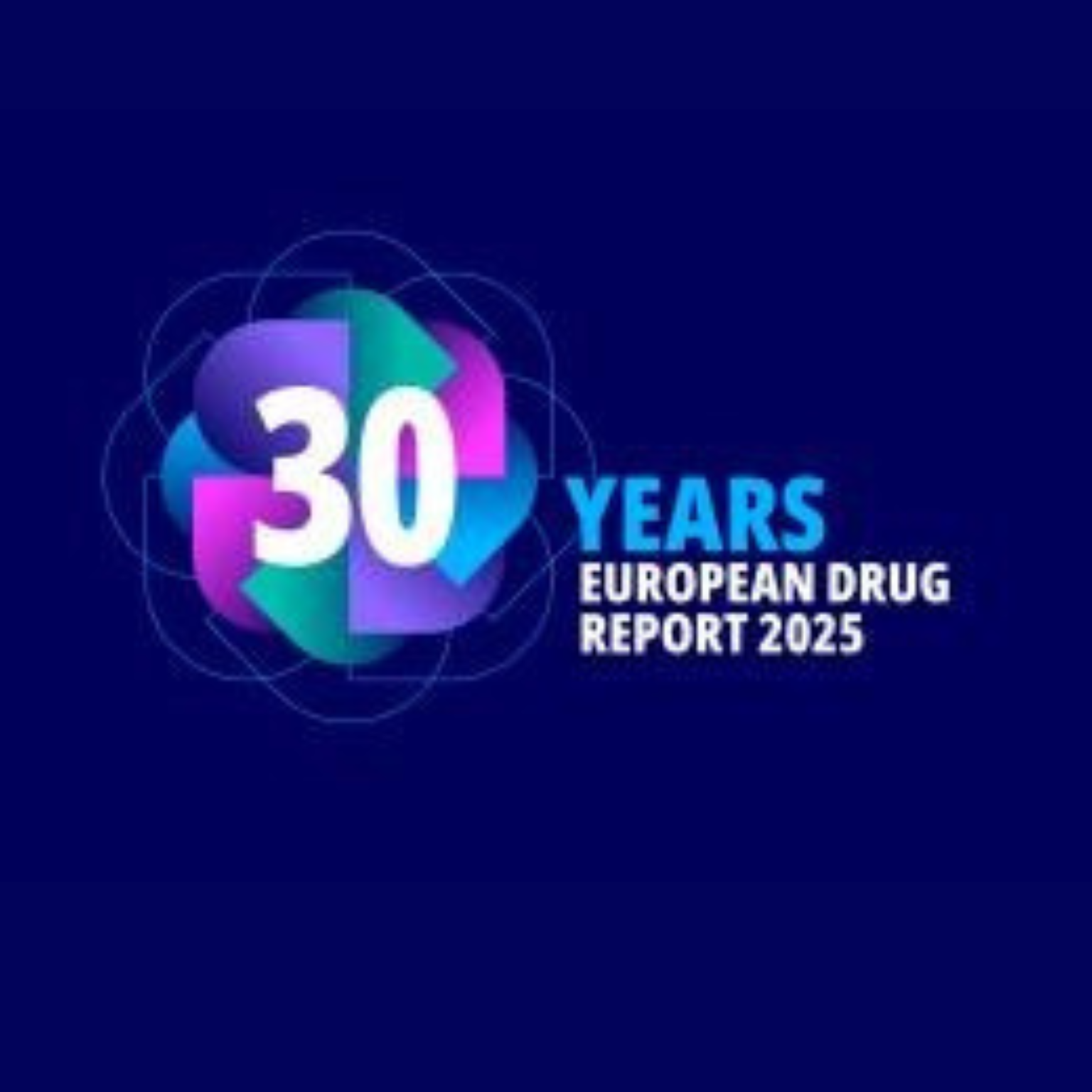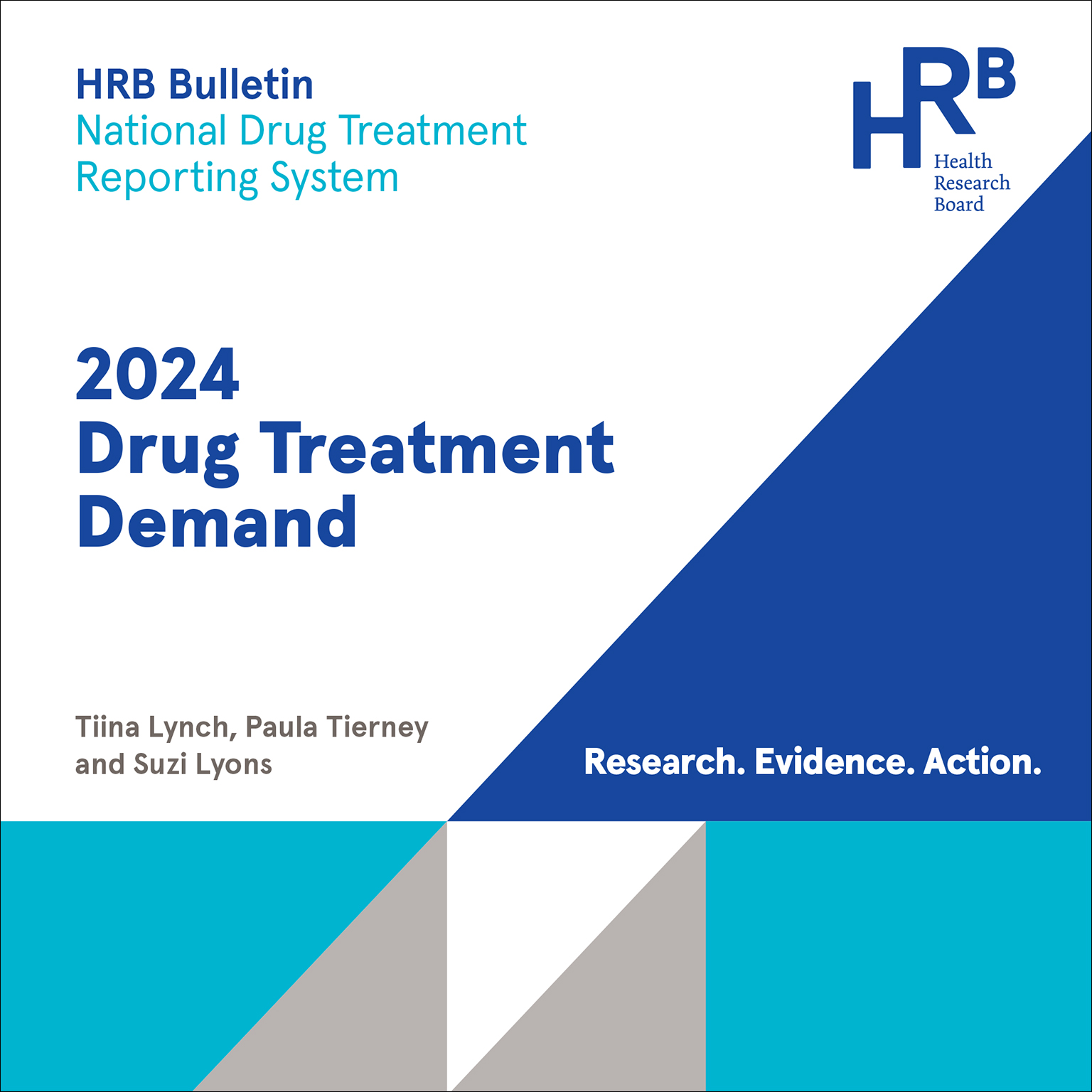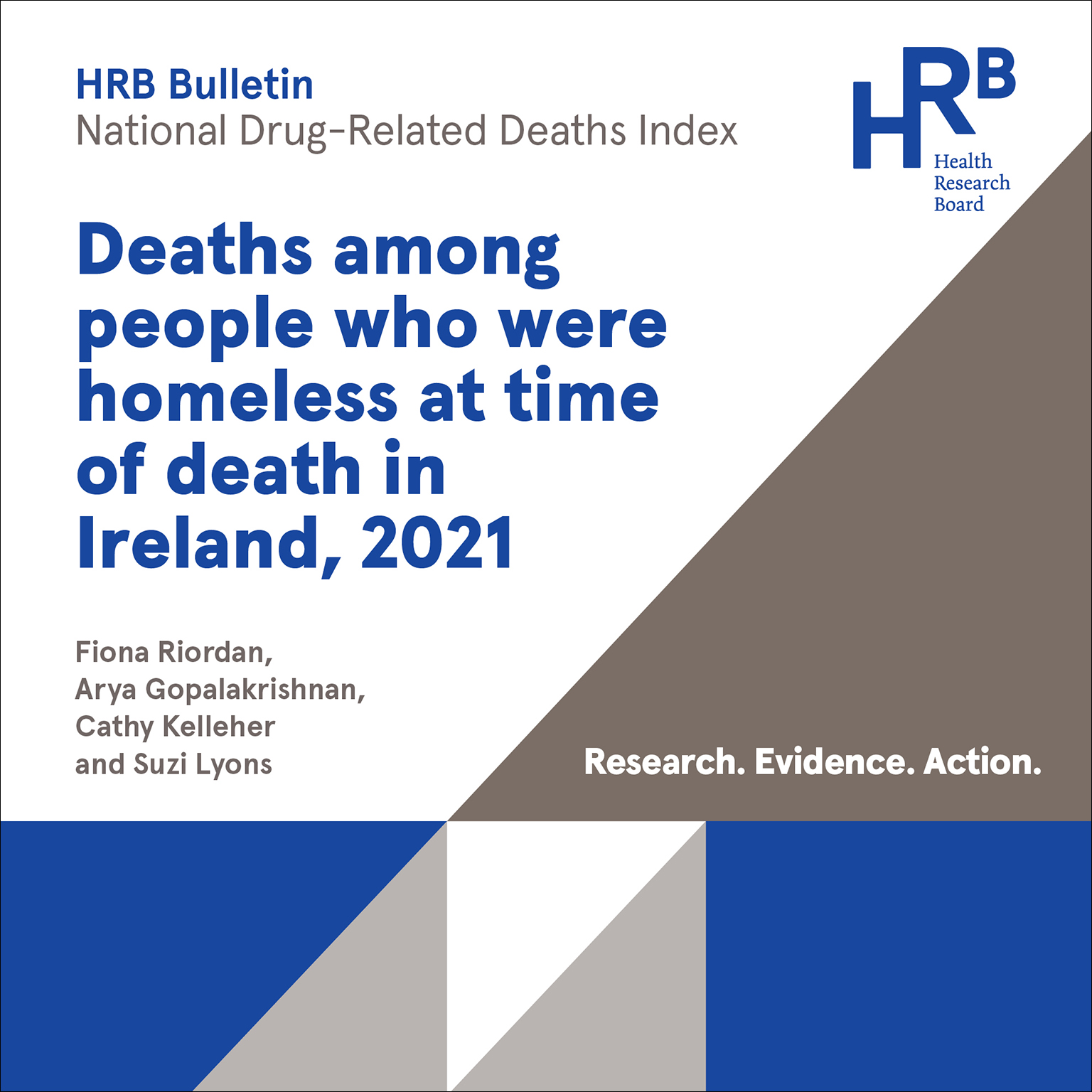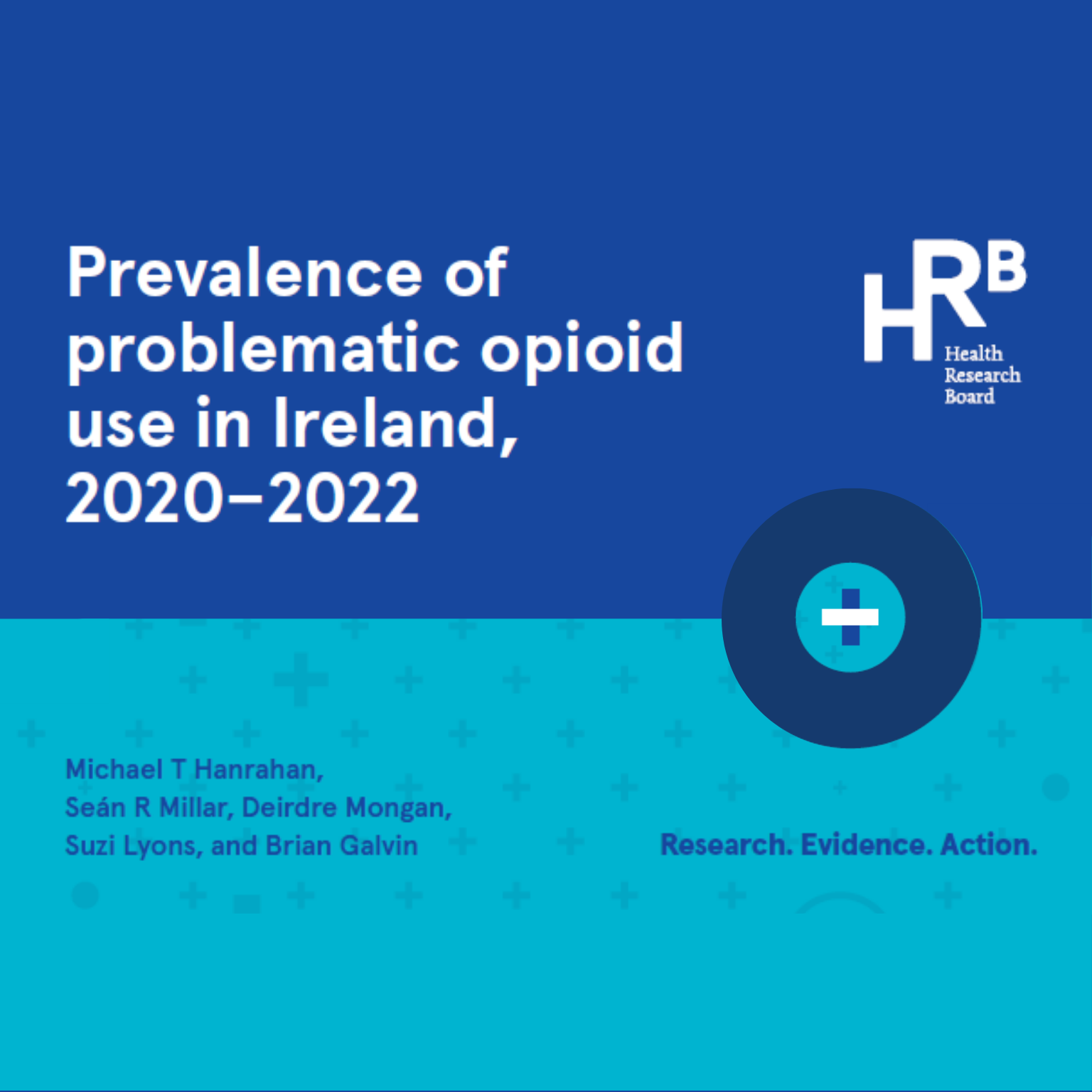Disability Services – new HRB reports examine current service use and future demand
5 min read - 21 Jun 2017
According to Dr Mairéad O Driscoll, Interim Chief Executive of the HRB,
‘Together, these reports present a fuller picture of the Irish population living with a disability. If we understand what people need, we can plan services better. For example; we can see from the data that people with intellectual disabilities require more residential, day and respite services. In contrast, those with physical and sensory disabilities need more physiotherapy, occupational therapy and technical aids so that they can live more independently at home’.
The reports will be launched today by Minister of State with special responsibility for Disabilities, Finian Mc Grath, T.D., at a prize-giving ceremony in St. Michael’s House, Dublin. This is to celebrate the achievements of the two service users who won a competition to design the report covers; John Murphy from St. Michael’s House and Olga Forde from Brothers of Charity, Galway.
Minister McGrath commented,
‘I would like to congratulate the competition winners John and Olga for their fantastic artwork on the covers of these reports. Their work truly illustrates the human dimension to these reports which is about improving quality of life for people living with disabilities by understanding the services they require more clearly’.‘The future demand outlined in these reports is very useful to help plan to meet service needs’.
Key findings from the National Intellectual Disability Database (NIDD) and the National Physical and Sensory Disability Database (NPSDD) are outlined below.
Demographic profile:
- There were almost 50,000 people registered on both databases in 2016; 28,275 people on the NIDD and 21,763** on the NPSDD.
- There were more males than females registered on both databases.
- On the NPSDD 32% (3,756) were under 18 years at the time of reporting, and 36% (10,142) of those registered on the NIDD were aged 0 – 19 years.
- The most frequently reported type of disability on the NPSDD was neurological (37%), followed by multiple disabilities (32%) and physical disabilities (17%).
- Of the 28,275 people registered on the NIDD, their level of intellectual disability was assessed as mild: 9,180 (32%), moderate: 11,624 (41%), severe: 3,998 (14%), profound: 861 (3%), not verified: 2,612 (9%).
- In 2016, 7,612 (27%) people registered on the NIDD lived in full-time residential services. In contrast, less than five percent of those on the NPSDD lived in full-time residential settings.
Current services:
- On the NIDD 27,813 (99.8%) people availed of at least one day service while on the NPSDD 56% (3,417 people) received day services**.
- Both reports show that multi-disciplinary services and supports are received by large numbers of people; 23,811 (86%) people on the NIDD received these services while 92% of those on the NPSDD (5,593 people) received one or more therapeutic intervention and rehabilitation services**.
- Use of respite services also varies in the two reports. Large numbers of people registered on the NIDD avail of respite nights (4,385 people, 16%) while 10% (593 people) of those registered on the NPSDD avail of one or more planned respite services**.
Future service requirements in the period 2017 – 2021:
Both reports indicate that there are high levels of service requirements in the period 2017-2021.
The NIDD report shows:
- 2,164 new full-time residential placements will be required. The majority (85%) require placements in community group homes.
- 2,244 new residential support services (mainly respite) were reported as required in the period 2017-2021, an increase of 111 on the projected number required in the 2015 NIDD report.
The NPSDD report shows:
- Future demand for services is greatest in relation to therapeutic interventions such as physiotherapy (652 people, 11%), followed by occupational therapy (487 people, 8%).
- 7% (455 people) required one or more personal assistance and support services. The most-commonly required of these services are home help (166 people, 3%) followed by personal assistant (127 people, 2%).
Copies of the main findings for both databases are available to download from the publications section of the HRB website, along with detailed tabular data in Excel format.
Infographics containing key statistics from the reports are also available to download from the HRB website. These are available from the Media section.
*We manage two national service-planning databases in relation to people with disabilities: the National Intellectual Disability Database (NIDD), established in 1995, and the National Physical and Sensory Disability Database (NPSDD), established in 2002. These systems were designed to provide reliable data for service planning. Data from these systems are also used to inform policy. Registration is voluntary and so the systems are not epidemiological datasets.
**Current service use and future service need on the NPSDD is based on 6,111 up-to-date records (i.e. that is now many records that were registered or reviewed in 2016, so they provide the most accurate picture). ENDS
For further information, please contact:
Gillian Markey, Communications Manager, Health Research Board m + 353 87 2288514 e gmarkey@hrb.ie
Notes for editors
The Health Research Board (HRB) is the lead agency supporting and funding health research in Ireland. We also manage five health information systems in the areas of alcohol and drug use, disability and mental health and generate evidence for health policy. Our aim is to improve people’s health, build health research capacity and underpin developments in service delivery.
5 min read - 21 Jun 2017



